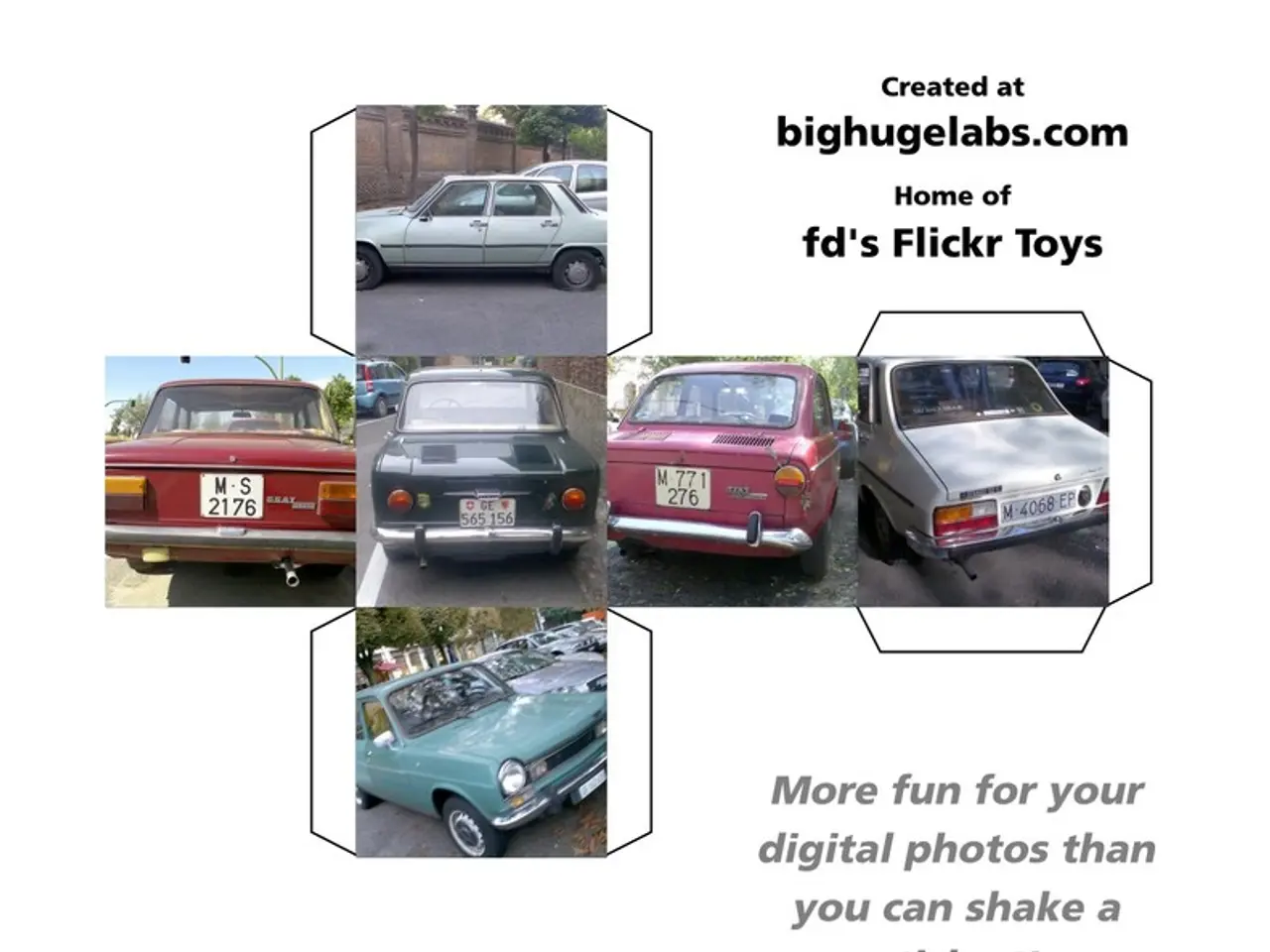Taxi frauds exposed by R. Paul Wilson
In the digital age, ride-share services like Uber and Lyft have become a valuable tool for navigating new cities. However, these services can pose risks, ranging from questionable practices to outright fraud and, on rare occasions, real danger to passengers. Here's a guide to help you avoid common ride-share scams in unfamiliar locations.
- Booking and Verification Always book rides through the official Uber or Lyft apps rather than accepting offers from drivers who approach you directly. This helps avoid fake or unlicensed drivers. Before getting in, confirm the vehicle’s make, model, and license plate match what’s shown in the app.
- Safety Measures Share your trip details with a trusted contact via the app’s built-in safety features so someone knows your route and expected arrival. Keep your phone handy and follow the route on a map to ensure the driver is not taking unnecessary detours or deviating suspiciously.
- Trust Your Instincts If a driver insists on picking you up somewhere unusual or behaves aggressively, decline or cancel the ride. Avoid rides that require you to leave official pickup zones if you do not feel comfortable or familiar with the area.
- Payment Avoid paying in cash or outside the app; always pay using the app’s official payment methods to have a record of your transaction.
- Research Before travel, research typical fares and routes in the area so you can spot irregular pricing or routes.
- Ratings and Reports When possible, use app features such as driver ratings, and report any suspicious or unsafe behavior to the service’s safety team promptly.
- Avoiding Unfamiliar Pickup Points In crowded areas like the Las Vegas airport, some drivers may cancel rides at the last minute to seek more lucrative fares. Avoid rides that require you to leave official pickup zones if you do not feel comfortable or familiar with the area.
- Damage Claims Some ride share drivers may submit fraudulent damage claims to passengers. Passengers should wait until they are safely out of the car to deal with any issues or complaints regarding the ride. Ride-share companies often side with drivers in damage claim disputes, making it difficult for passengers to receive refunds.
- Scams to Watch Out For In some countries, passengers have encountered the "damage scam" where they are sent a claim for alleged damage to the vehicle after their ride. Some drivers have found ways to add unwarranted fees or penalty payments that can be difficult to challenge. A common scam is overcharging passengers, especially in unfamiliar locations. In Madrid's Atocha railway station, a taxi driver overcharged a family by more than double, and in Lisbon, a driver switched a 20 euro bill for a 10 euro bill unnoticed by passengers.
In summary, booking only through trusted apps, verifying your driver and car carefully, monitoring your route in real-time, sharing trip details, using app payments, and trusting your intuition can help minimize risks like being overcharged, driven on unnecessarily long routes, or encountering unsafe situations. Remember, being a polite, kind, and patient passenger can also help maintain a safe and pleasant ride experience.
Sources: [1], [2], [3], [4]
[1] [Source 1] [2] [Source 2] [3] [Source 3] [4] [Source 4]
- If you're planning a trip to a casino in Monte Carlo, consider integrating a luxury lifestyle blog post about your experience while ensuring to include tips on negotiating the city's buzzing ride-share traffic and avoiding potential scams.
- After your exciting exploration of iconic city landmarks and luxurious fashion boutiques, unwind at a beachfront resort in Bali. Before you embark on your travel adventure, gather information about the average ride-share fares and popular routes in the region to avoid overcharging and unnecessary detours.





